In a country where many students struggle against poor infrastructure, inadequate funding, and emotional strain, achieving academic excellence can seem like an unreachable ideal. But for Damilare Haroun Adebakin, a Cell Biology and Genetics graduate from the University of Lagos, breaking boundaries became a lifestyle. With an unprecedented 5.00 CGPA, he graduated top of his class—yet, he insists his success wasn’t just about grades, but about purpose.
In this inspiring interview with KOREDE BADMUS, the Ogun State Education Ambassador reveals how faith, mentorship, grit, and vision helped him navigate the tough terrain of academia. From being rejected repeatedly for Medicine to leading football teams, pioneering tech education platforms, and championing food security through science, Damilare offers a powerful blueprint for students and leaders alike. Below is the excerpt of the interview, enjoy.
You graduated with a perfect 5.00 CGPA in Cell Biology and Genetics. What helped you achieve that?
We are all individuals with imperfections, but from our imperfections, we can achieve excellence. I remember during my first year at the University of Lagos, I met Abdul-Salam, who introduced me to a circle of friends. Among them was Mubarak, a 500-level student in the Faculty of Engineering.
He asked me what my goal in the university was. I told him I wanted to graduate with a 5.0 CGPA. He responded, “I know someone you can talk to.” He gave me the contact of HMD, a graduate who missed being the university’s overall best graduating student by just 0.01. That was how mentorship started for me, and it created an atmosphere that further strengthened me.
I also recall the influence of PQ, who regularly guided me on what to do or avoid in the upcoming semester or session.
Additionally, my Course Adviser was very intentional when she realized there were many students on track to graduate with first class honours. She supported us consistently. In fact, the entire department of Cell Biology and Genetics was an enabling environment.
I share this to emphasize one message: you can be highly determined, but without the right environment, your goals may remain out of reach. The influence and support of others played a huge role in my success. Even today, I continue to benefit from mentorship and guidance.
I strive against myself every day. Some days end with a sense of great achievement; on others, I feel I could have done much better. Yet, through these imperfections, I achieved excellence. I believe that when you combine humility and grit, you are already on the path to reaching great heights.
How did you manage to balance schoolwork with other activities like football and your data science programs?
Purpose. I played football because I enjoyed it—it helped me meet new people and strengthened my friendships with classmates. I pursued Data and AI because I grew up loving computers and hoped to create computer-assisted solutions. I also believed it would boost my employability.
That said, I won’t claim I always managed to balance everything perfectly. When exams approached and I knew I needed 100% focus, I adjusted. I dedicated more time to completing the syllabus and meeting the standard required for a 5.0.
When did you first feel like graduating with a 5.0 CGPA was possible?
After getting 5.0 GPAs despite industrial actions by ASUU and the COVID-19 lockdown that led to online learning in the university.
How do you handle stress and stay mentally healthy during busy or tough times?
I used to play football at every point of burnout. In fact, there was a time when I played football during exams. I also liked to eat sweet things at points of burnout. I could buy chocolates and ice cream with the little I had. I also liked to take walks to a place with beautiful scenery and lots of breeze – a place that gives the ambience of relief.
There were also times when I really doubted the chances of achieving my goals or things felt so tough. At those points, I might talk to one of my mentors. But there was a pattern: whenever I spent the night remembering the numerous blessings of Allah upon me, I always woke up the next morning feeling energized, happy, and raring to go. Sometimes, I even forgot I had been going through a tough time. Gratitude, remembering past goodness, can truly revive a weary heart.
When I doubted whether I could replicate past success, I asked myself, “How did you achieve that 5.0 last semester?” I would recall the steps I took—and then repeat them.
You were sick in your first semester but still did well. What kept you going?
No excuses, really. I remember lying on my bed—tired, weak, able to stay awake for only 15 minutes at a stretch—battling severe back pain, headaches, and fever, with one thought in mind: “If you do not overcome this semester with distinctions, in four years’ time you will have no chance to explain your shortcomings.” The fear of failure hit me hard. And I knew that whatever happened, the time in the university is a time to re-write the journey, it cannot be missed. Above all, praises to Allah.
How has your faith influenced your academic and personal life?
I came to understand Islam better when I read about the lives of the early Muslims and the people who followed in their path. You know, I was so stressed out after achieving a 5.0 CGPA in 100-level. In fact, I was annoyed. I said to myself, “Why is it so difficult? If it causes me as much stress as this, how can it be the ultimate goal? Am I meant to achieve heights at the expense of my well-being?”
Then I started reading. I read so many books, seeking the answer as to what life is, what the ultimate purpose is, what the ultimate reward for all the stress is. If I said I read through a hundred books, I think I would still be wrong. Till I found the writings of the early Muslims. I found people who made life a means and strove to make every second count.
Among them was Abdullah ibn Mubarak who was reported to have covered a quarter of the world while seeking knowledge. And when he travelled from Syria to Iran in one of his journeys, he realized that he had borrowed a pen and forgotten to return it to its owner. So he journeyed back to Syria to return the pen, and then travelled again to Iran. This was at a time when people traveled by foot and riding animals.
The early Muslims were people of unimaginable aspirations. When you compare the Muslims today to the earlier ones, it is as the poet said: “We met the fathers and they were like stars in the sky; when we met the offspring, little of the fathers remained.”
You applied to study Medicine at UNILAG several times before switching courses. What did that teach you?
Resilience. Grit. Iterate and improve. If one route closes, achieve your aims through the path you have. Do not blame others for where you stand; build daily, work daily, and remember that change can come from many angles.
Above all, having good thoughts of Allah is a medicine for the heart, and a source of energy for every seeker. The Lord does not fall short of the hope of the hopeful one who exhibits truthfulness, and so He said, “I am as my slave thinks of me.”
You led your football team and the sports department. How has that leadership helped in shaping other areas?
Football taught me not to focus solely on the ball but on my environment. Likewise, don’t focus only on your goals; focus on creating an enabling lifestyle and environment. As Johan Cruyff and Andrea Pirlo said, the game is played with the head, not the legs. Arsène Wenger noted that great players look away from the ball 6–8 times in the ten seconds before receiving it.
To reach great heights, cultivate an enabling lifestyle. I realized that a collective smile is more charming than an individual smile. That was one important lesson that the leadership taught me.
You co-founded TechBio and joined a data science fellowship. What do those experiences mean to you?
I owe a huge thanks to Adejuwon Adegite, Qahhar Okenla, Davis Eban, and Hope Udoh, members of the TechBio team. Together we built a platform that trains Nigerian students in data science for free, with soft-skills acquisition and personalized growth. I took this initiative from the free trainings in AI and Data Science that I received from SPARK (The Sprint AI Training in Medical Imaging Knowledge Translation) academy and SAIL Innovation Lab. These experiences have given me the chance to give back.
You’re interested in AI and policy. How do you plan to combine that with your background in science?
One of the things I have learned is that it is possible to be everything, but just not all at once. It has been a hard lesson on the importance of taking things a step at a time. Mastery requires steady, sequential steps.
There is an interesting merger between my background (Cell Biology and Genetics) and AI, which is Genetics and Algorithms. Other related fields include computational biology, statistics, biostatistics, and biomedical data science. As for policy, it has taught me the importance of ethical development and how governance can drive, rather than stifle innovation.
What do you think are the main problems and possibilities when science, health, and AI meet in Nigeria?
Data collection, storage, and utilization are weak, and infrastructure is inadequate. The deeper issue is our collective aspiration. Where are our aspirations? What do we aim for? What gives our hearts rest? What do we long for?
The poet said, “How low is the aspiration of a man, all he dreams of is food and comfort. Has he not read the stories of the heights and advancements?” I do not need to list the possibilities. Everyone knows what developed nations enjoy. And if anyone says they do not know, then why do they crave traveling out of the country so much?
As an Education Ambassador for Ogun State, what are your plans to support students?
The best things are achieved with strategy, preparation, time, effort, and conviction. I have centered my goals around three key R’s: Renew, Revolutionize, and Reinvent. I work toward them daily and look forward to their impact. Everything worthwhile takes time; if I succeed, I hope that it will be something that you will write about and publish.
You’ve talked about food security and “orphan crops.” How can your work help solve food problems in Africa?
My undergraduate research in molecular biology and genetics examined African Yam Bean, a neglected crop with high nutritional potential. In simpler terms, I investigated the amount of room available for the improvement of the crop, noting a high genetic variation (diversity). Such work serves as an initial step towards actual crop improvement and can be extended to other nutritional crops in Africa that are neglected.
The research was funded by financial inputs shared among project students and cost over a million naira. Such financial implications limit the progress of science in our country.
Are you planning to study abroad, and how do you think that will help you make a difference back home?
A PhD abroad offers world-class training, a powerful network, and a chance to compete with the best. It offers the chance to grow into an impactful leader, widen one’s horizon, and compete against the best.
Countries such as China had a strategy and that was to send their best students abroad to gain knowledge that would then be used to advance their nation. In an article written by Jon Quah, he attributed Singapore’s success to five elements: “pragmatic leadership; effective public bureaucracy; effective control of corruption; reliance on the ‘best and brightest’ citizens through investment in education and competitive compensation; and learning from other countries.” Nigeria can do likewise. I do hope to have a chance to use my knowledge to advance my nation. I hope other exceptional students with grit and the right attitude can also have this chance.
What are three practical tips you’d give to students who want to graduate with first-class?
For anyone that wants a 5.0, I would always say: complete the syllabus, meet the required standard and don’t give up, and help others.
Completing the syllabus is as literal as mentioned. Meeting the required standard involves talking to seniors, solving past questions, asking lecturers how their exams should be approached, and listening attentively when a lecturer teaches so as to get cues on likely questions. Try to help others attain the distinctions you are trying to attain. You may even find more benefits in that than other points mentioned – take tutorials, advise others, find what will help your colleagues in their exams, solve past questions for them.
But do not be a candle that lights others while it burns itself. These words are enough for the smart one. And above all, pray.
From your time at Abeokuta Grammar School to your success at UNILAG, what’s the biggest lesson you’ve learned?
As long as the ink isn’t dry, the story can be re-written. “Indeed the nights and days are pregnant, and only Allah knows what they shall deliver.”
Do you want to share a story with us? Do you want to advertise with us? Do you need publicity for a product, service, or event? Contact us on WhatsApp +2348183319097 Email: platformtimes@gmail.com
We are committed to impactful investigative journalism for human interest and social justice. Your donation will help us tell more stories. Kindly donate any amount HERE



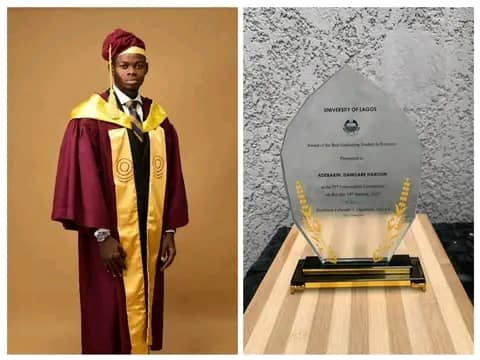

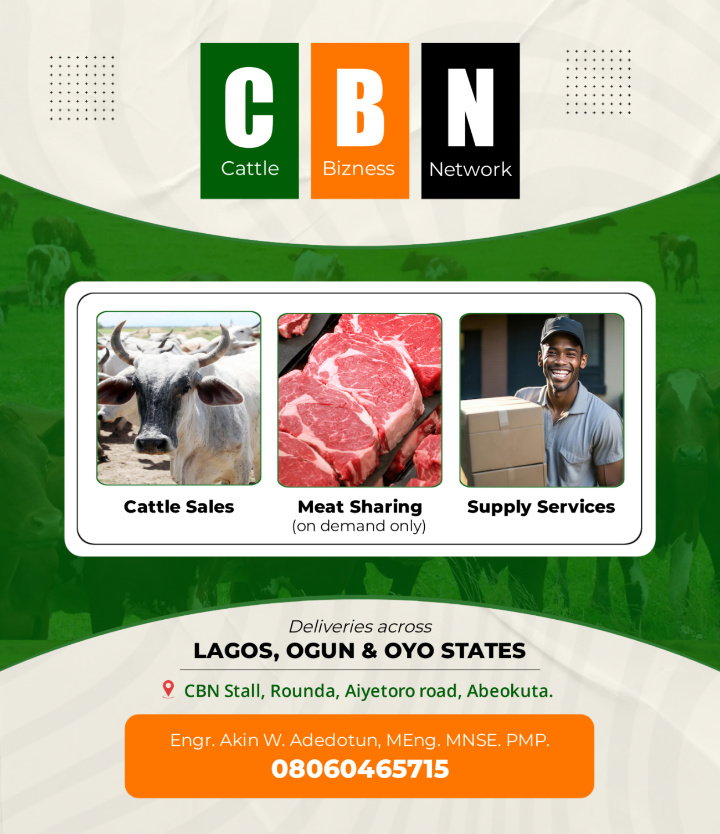
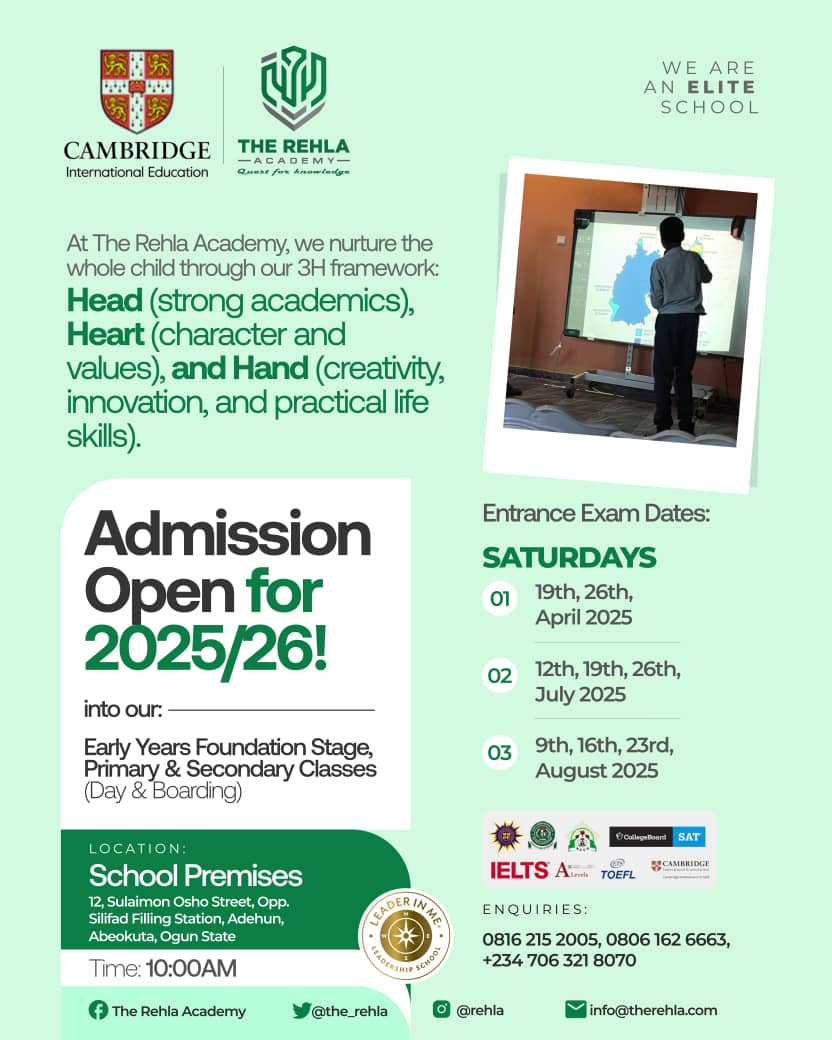


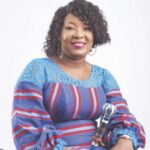

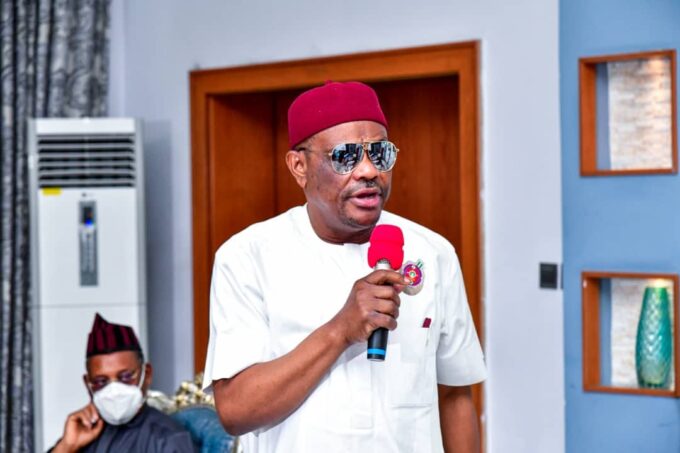

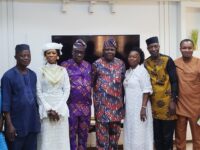
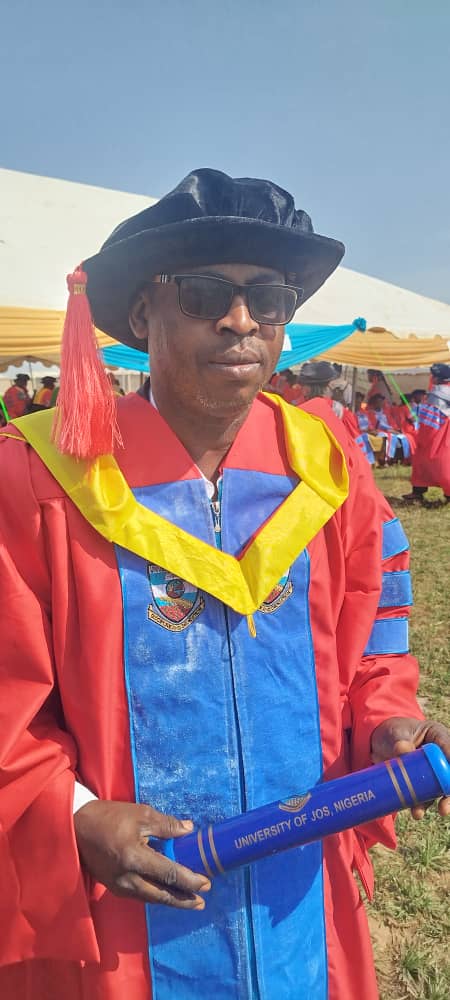
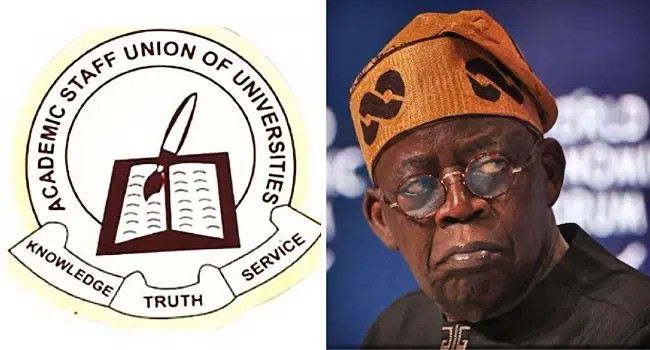

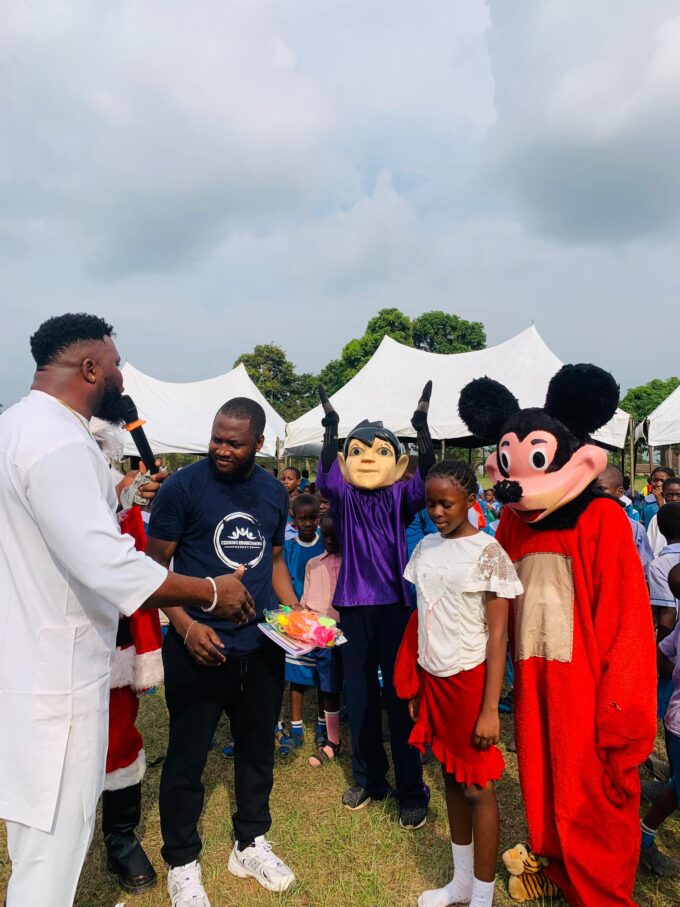


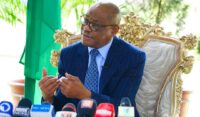

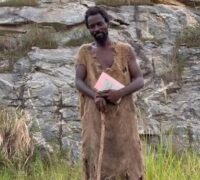
Leave a comment